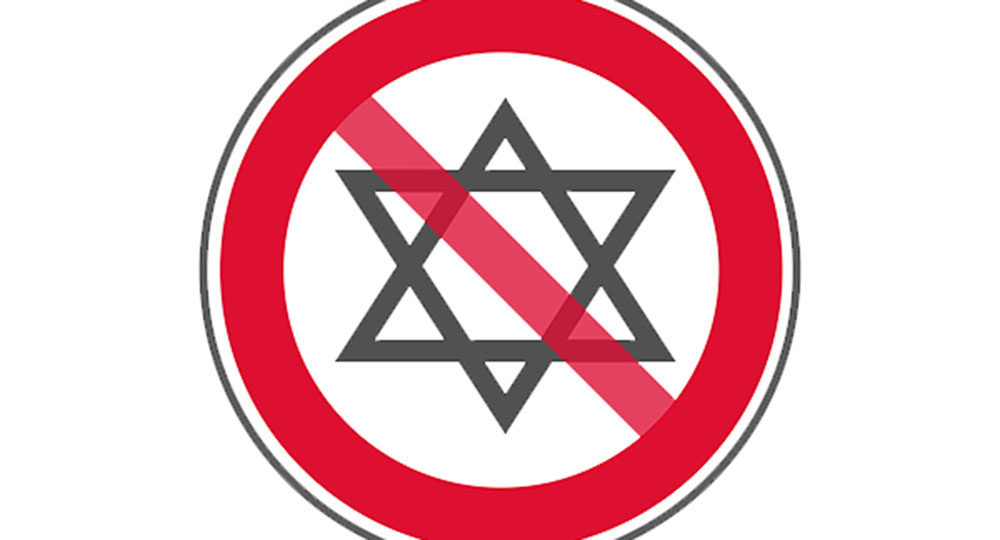


“Let’s burn the Jew!” No, the words were not taken from the yellowed pages of a Nazi manual on the mass genocide of innocent people. They were shouted in a...
Caesarea is located on the Mediterranean coast between Haifa and Tel Aviv and was originally a Phoenician trading post called Strato’s Tower (c. 250 BC). In 25 BC...
Rabbis have said that Jehovah created seven seas, but the Sea of Galilee is His delight. Josephus, the first-century Jewish historian, called it “the ambition of Nature.”
On one of my early trips to Israel, I stood one blustery evening on the pier of Kibbutz Nof Ginosar on the northwest coast of the Sea of Galilee and watched as whitecaps...
Though I’ve lived in Jerusalem almost 17 years, sometimes I still find the place bewildering. People who don’t live here probably think primarily of the Old City and its...
Many people journey to Israel as pilgrims to visit the only place the Lord calls the “Holy Land” (Zech. 2:12). Others go there to see the reality of the Zionist dream birthed...